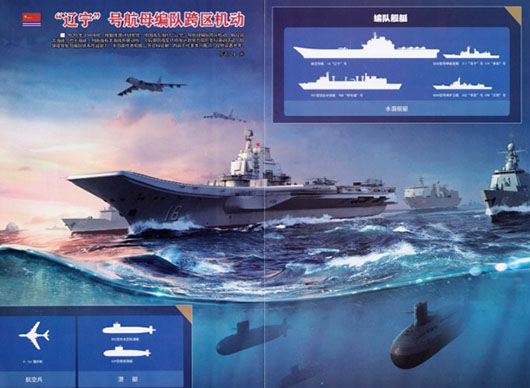FPI / June 2, 2021
By Richard Fisher
Ritual denials by Chinese Communist Party (CCP) leaders that they do not seek “hegemony,” or the power to impose their choices globally, regionally or on individual countries, is the surest indicator that they do indeed seek hegemony.

This is the first in a series of articles tracking the CCP’s quest for hegemony.
A first requirement for CCP hegemony would be the construction of the world’s most powerful military force. To achieve such a goal the CCP would also have to control the world’s largest military budget.
However, the CCP rejects transparency regarding its military budget, military budget priorities and military budget process.
The final capabilities of the CCP’s People’s Liberation Army (PLA) are known to be supported by many separate budgets like that of the Ministry of Education to spending by local municipalities on infrastructure used by the PLA, but these are never revealed.
For 2021 China announced that its military budget was $202 Billion, compared to the United States military budget of $703 Billion.
However, in a May 27 report for the U.S. publication Politico, the U.S. Long Term Strategy Group (LTSG) offered an expansive “ground-up” estimate using satellite imagery to “count” the weapons and facilities of the PLA to measure PLA procurement.
This exercise concluded that by 2023, the U.S. and China could be spending about $145 Billion each on military procurement; by 2025 China could be spending $170 Billion and the U.S. only $155 Billion.
LTSG figures can then be used to suggest a straight-line estimate for military procurement by 2030: China, $232 Billion; the U.S., $180 Billion—a $52 Billion difference.
With this “surplus” the PLA could purchase at least two fully equipped nuclear-powered aircraft carrier battle groups, perhaps the most important conventional component for achieving global military superiority.
Full Text . . . . Current Edition . . . . Subscription Information
FPI, Free Press International
